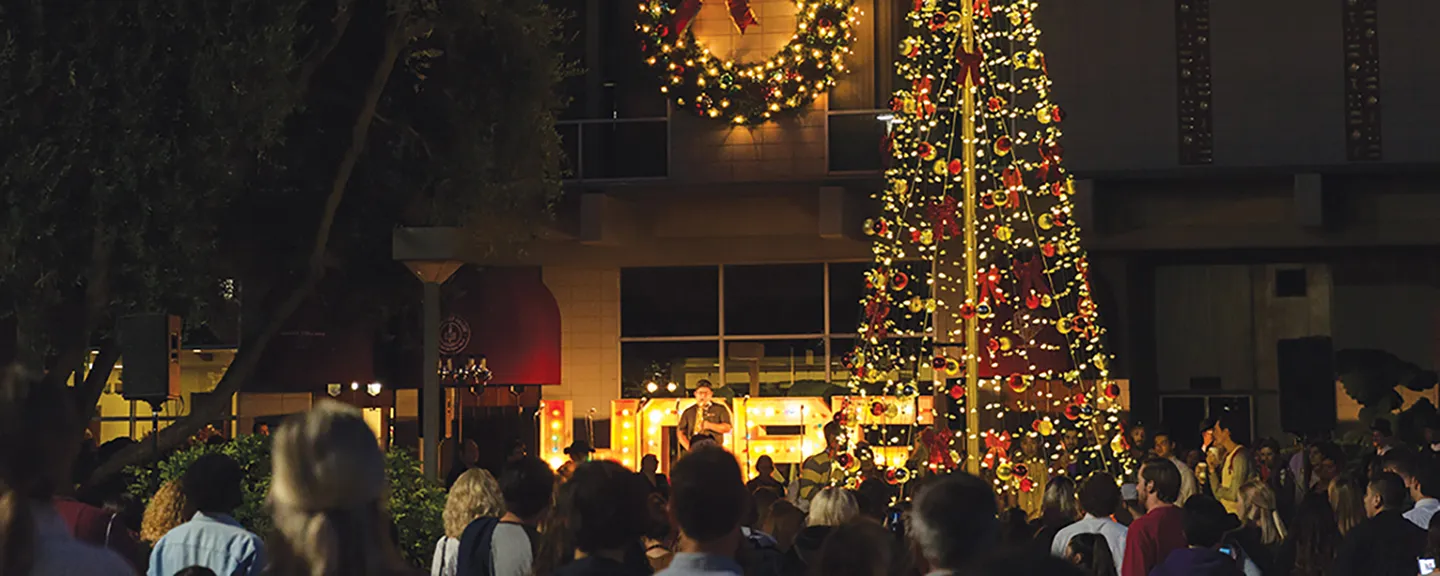- Home
- >
- APU Articles
- >
- News Article
Living the Promise: A Commitment to a Christ-centered Employee Culture
June 06, 2018 | Written By Wendi Waldron Dykes, ABD and Andrew Barton, Ed.D.

In fall 2015, APU’s executive leadership conducted faculty-specific and employee-wide surveys to gauge their sense of being valued and to determine how to better facilitate a culture that is pleasing to God and edifying for employees. Among several insightful themes, the 39-member Valuing People Task Force identified the need for APU to provide greater clarity and consistency regarding what employees should expect from interactions with one another in alignment with institutional values.
A significant body of academic literature focuses on this concept of employee engagement, organizational culture, and civility. Common examples of problem areas include taking credit for the efforts of others, not listening, belittling others, passing blame for mistakes, showing little interest in the opinions of others, withholding communication, and being unwilling to work through interpersonal relationship problems. Based on this research, APU’s internal surveys, and the task force’s investigation, APU began to explore the roles of organizational citizen behaviors—altruism, conscientiousness, sportsmanship, courtesy, and civic virtue—more deeply, along with ways in which renewed employee practices related to these behaviors contribute to positive change in employee engagement and organizational performance.
Further, the task force established the employee practices, which provided a shared framework and language articulating the aspirations of a Christ-centered employee culture at APU. These practices call upon APU employees to cultivate and live out civility by pursuing professional conduct through actions like accepting ownership for one’s own behavior, delivering on commitments, and more. Employees demonstrate honor to the community by supporting one another for the good of the whole and embracing diverse people, thinking, and styles. They express commitment to being lifelong learners when they strive to be the best at what they do while acknowledging and learning from mistakes. Character can be displayed when colleagues see each other as people first and employees second and believe the best about one another.
To inform, inspire, and provide examples of how to live this promise, the Office of Human Resources developed written materials and videos to support continued engagement. For each of the four employee practices, a step-by-step guide helps leaders facilitate a period of reflection, application, and discussion in a department setting. Some departments choose an employee practice to discuss each month, while others use it as a learning topic in a one-on-one supervisory setting to help integrate these practices into the culture of the department.
Collectively, APU employees seek to infuse these practices into the campus culture, incorporating them into the common internal language used between everyone at APU. Only in this way, with a thriving campus community based on mutual respect and trust, can APU deliver on its brand promise to Cultivate Difference Makers. President Jon R. Wallace, DBA, captured the shared goal best when he said, “Living the promise is to live out fully who Christ is to us; the Jesus in me, ministering to the Jesus in you, and living transparently so the Jesus for our neighbor is available.”